Woody Allen has returned to Paris… and to good cinema, with Coup de Chance (2023). In his first film shot in French, the director, who has been the subject of cancellation in recent years, offers us a film that, without being a masterpiece, is up to his standards. With a very simple story, in his style of showing us morals without morals, with plot twists and turns that always play with chance, Coup de Chance has captivated us with the characteristics that make us continue to trust that Woody Allen‘s next film will be better. The public at the 80th Venice Film Festival (in the best sense of the word), which had already applauded the pre-credits, as a sign of closed support for the creator, have been rewarded, enjoying the director’s best film since Blue Jasmine, exactly, ten years ago.
Allen’s difficulty in producing and distributing his films because of American puritanism, has turned him in real life into the character of Hollywood Ending (2002), in a metacinematographic pirouette, in which he has been able to benefit from the unconditional relevance he enjoys in Europe, where speculations about his private life have not overshadowed the recognition of his artistic qualities. Speaking of cinema, which is what we are talking about here, we have enjoyed a comedy with all the ingredients to be as elegant and entertaining as it is playful and of a transcendence comparable to a moral tale à la Allen.
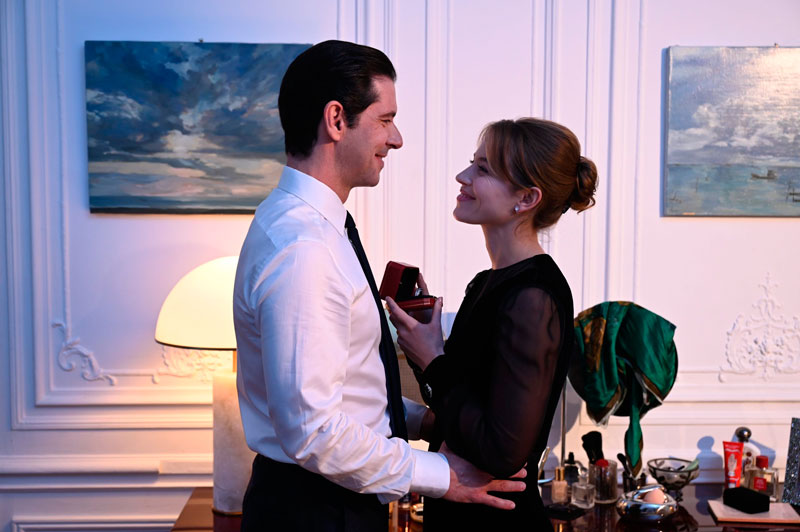
Lou de Laânge and Melvile Poupaud in Coupe de Chance.
The protagonists of Coup de Chance are a young Parisian couple formed by Fanny (Lou de Laâge) and Jean -a millionaire broker played by Melvil Poupaud, the actor of the moment-, and the third in discord, the writer Alain (Niels Schneider), an old classmate of Fanny’s from the French lycée in New York, who meets again in Paris with his former secret love. The picture is completed by an excellent Valérie Lemercier, mother of the protagonist, who acquires an important presence throughout the film. The infidelity, the secret, the new illusion, the jealousy and the drama are served.
One of Allen’s greatest stylistic assets is an unparalleled sense of rhythm. His musical ear cannot be alien to the perfect timing of his films, which makes the action progress so smoothly and steadily that the montage becomes absorbing. The balance between comedy and tragedy depends only on chance, coincidence and the action of time on the actions of his characters. Finding the right tone without tipping the balance in one direction or the other is the privilege of masters and with 50 films, almost all of them memorable, Allen gives us works that can boast of embroidering what makes other directors shipwrecked.
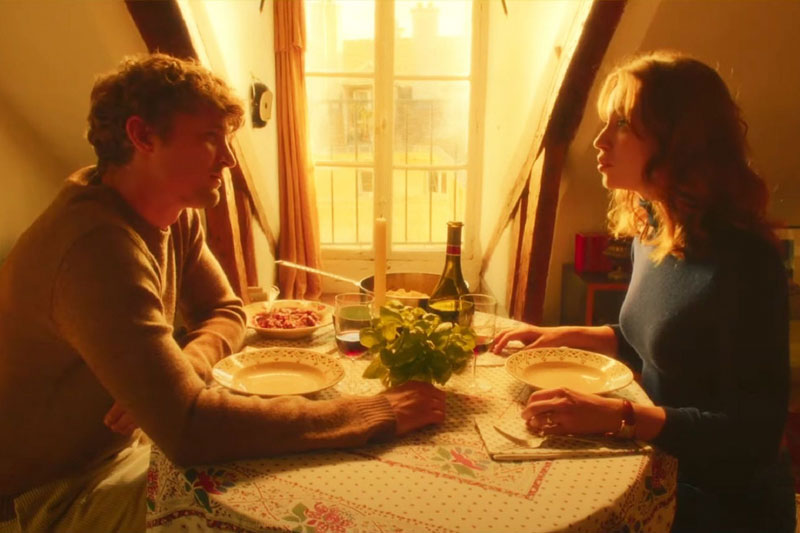
Lou de Laânge and Niels Schneider in Coup de Chance.
Detective mysteries, normal people who hide a criminal within themselves, are recurring motifs in Allen’s films, which make us suspicious of everyone. In the style of Rear Window (1954), the characters hesitate, magnify small details and chance encounters, to tie up loose ends and reach conclusions that leave broken marriages on the way or open new paths to love. The changes of fortune are there for those who deserve them, but that meritocracy that Jean ardently defends, justifying a fortune that has not come out of nowhere, is always a double-edged sword in the hands of the director of Annie Hall.
An ophthalmologist, two brothers with an investment project or a broker may use crime as an effective tool for their purposes without it being their core business, but where it leads them is not always under their control. Does the success of the business depend on the ethics of the purpose?
The legend that Allen does not direct his actors, which some of them have spread, makes us think that Poupaud’s performance was a bit excessive, even if the caricatured nature of his role suggests a deliberate boulevard-comedy style. However, it is Lou de Laâge who shines without pause, a tremendous casting success. With her big eyes and full lips, she is able to express as many nuances as different emotions inhabit her character. Her acting style and physique are a fusion of Jeanne Moreau, Leslie Caron and the young Jane Fonda of her French period. The candor, the anguish, the illusion of love, the tedium of marriage and the depression of loss are reflected in her performance with verisimilitude and demonstrate genuine talent. We can’t say the same for the chemistry between her and her lover, but nobody’s perfect, we are more than compensated by Lemercier’s low key comic vis.
Vittorio Storaro’s photography offers us an autumnal atmosphere without paraphernalia or effects, transparent and measured, including some expressive wide-angle shots to highlight the extreme emotional states of the characters. The soundtrack includes several jazz themes, this time not from the 20’s and 30’s but from the 60’s, such as Herbie Hancock’s “Cantaloupe Island”. In an atmosphere of the upper bourgeoisie, in luxurious apartments and country houses with hunting grounds, the characters in Cdo not digress, this is not a film about neurotics with no material concerns, but a stylized story of adultery and revenge. Allen shows us that after a failed marriage to an artist she has found a tedious stability with Jean, although her own personality is more attracted to the bohemian type. Therein lies the social bias of the story, the debate between accommodation and passion, careerism and old money, which Allen takes to the ultimate consequences, because from death you never come back.

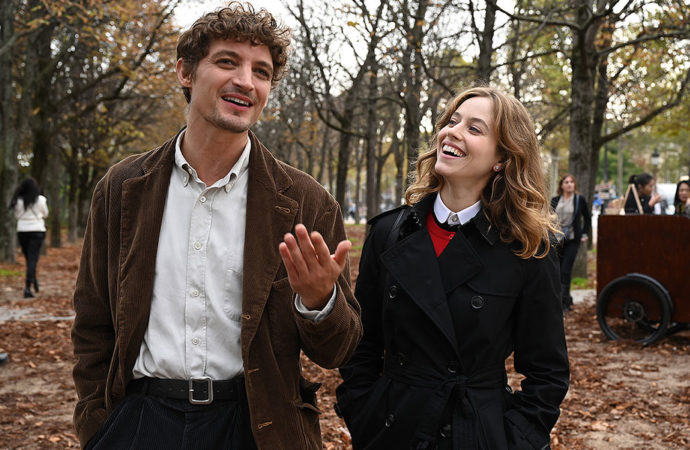
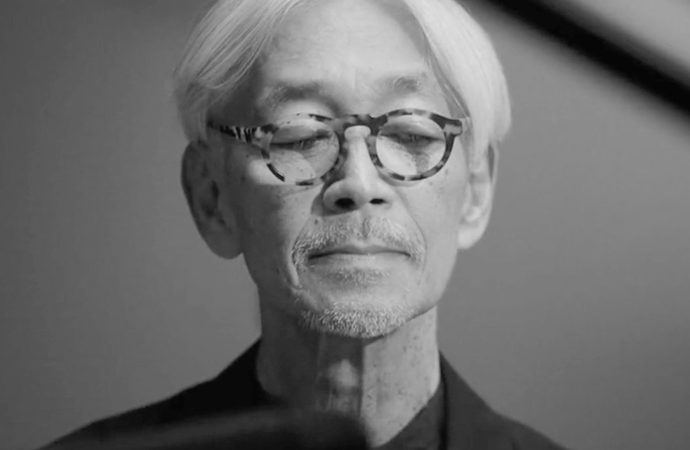
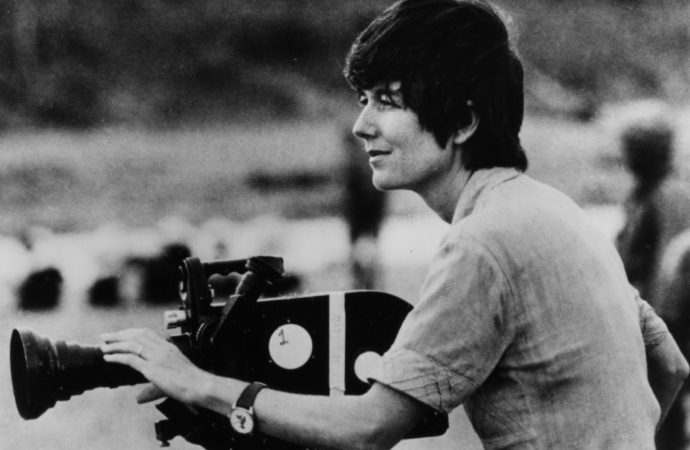
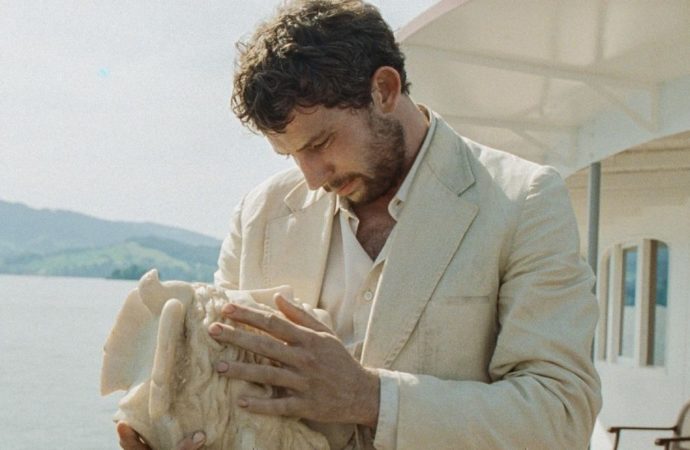
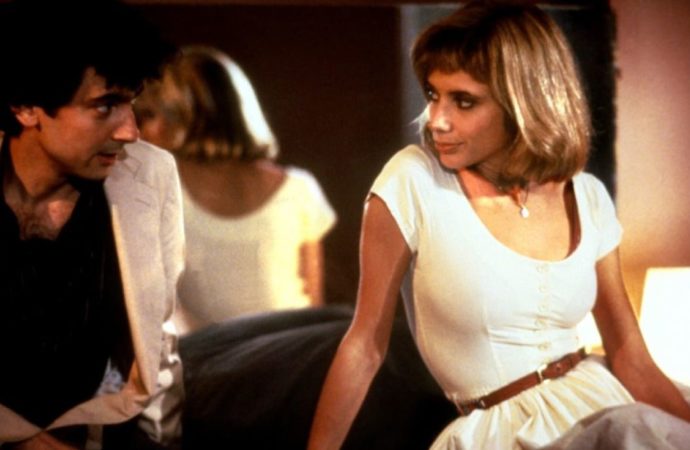
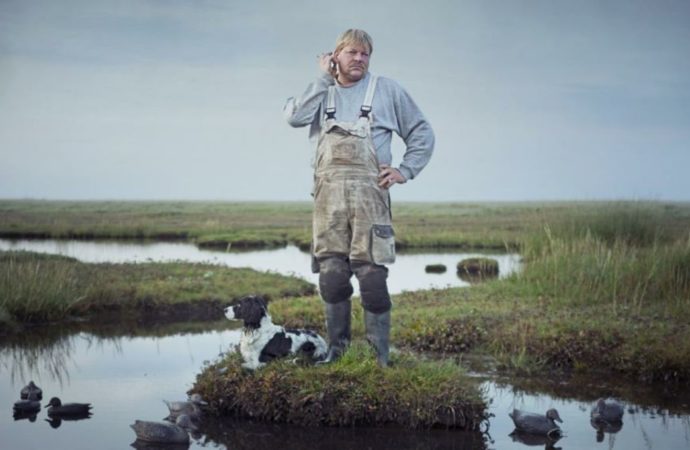
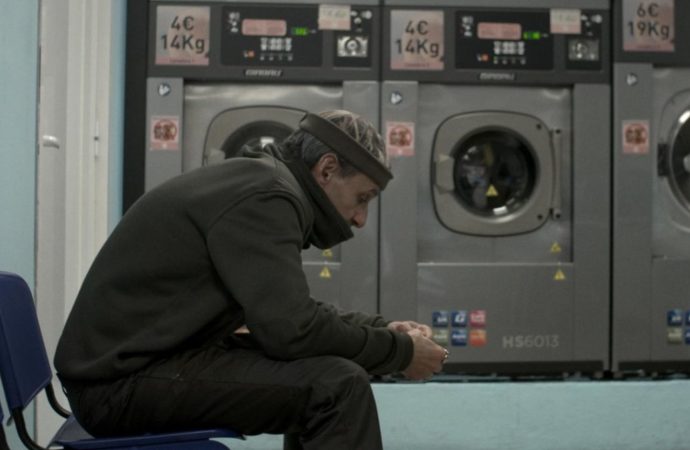

No one has posted any comments yet. Be the first person!